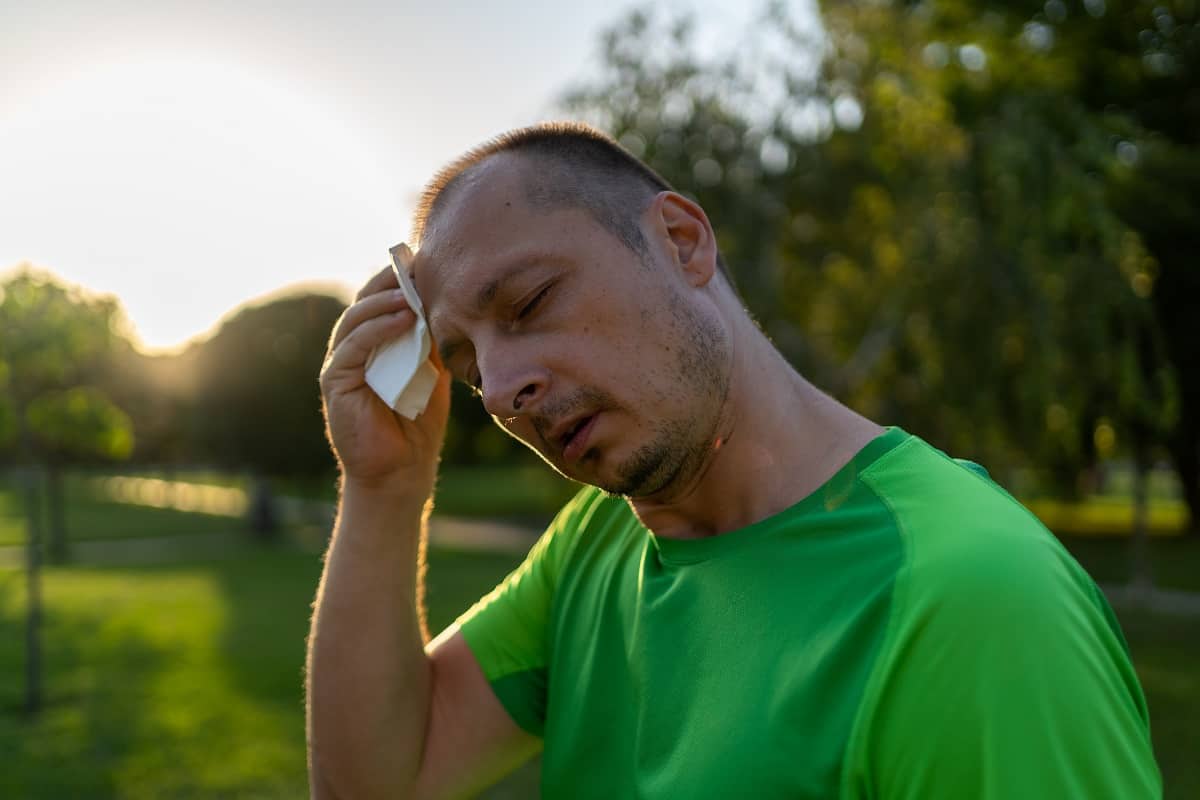Menopause in women is quite specific. It marks the end of their ability to reproduce. While “manopause” is not the same, there is no question men go through hormonal changes in middle age. Dr. Lynne Ahn of Ahn Point Wellness explains that manopause is due to more than just aging and outlines the type of treatments available.
Manopause
Also known as andropause, manopause results from the lower testosterone levels commonly experienced by men in their 40s, 50s and older. For every decade past his 30th birthday, the average man suffers a 10 percent drop in his testosterone level.
Low testosterone usually occurs in older men. However, younger men diagnosed with testicular cancer or other diseases affecting the reproductive system may also suffer from low testosterone.
Symptoms
Symptoms of low testosterone include:
- Lack of libido
- Weight gain
- Energy loss
- Loss of muscle mass
- Mood swings
- Erectile dysfunction
- Insomnia
- Depression
Like many menopausal women, some men find themselves dealing with hot flashes or night sweats due to low hormone levels. Bone loss, or osteoporosis, along with cardiovascular disease, is a greater risk for men with low testosterone.
Treatment
Manopause treatment is holistic, consisting of testosterone supplementation as well as other natural hormones. The doctor will also design a diet and exercise program based on individual patient needs.
Various types of testosterone therapy are available, including injectables, pills, implants, patches or gels. Another option is bioidentical hormone replacement therapy, available in many of the same formats. Along with testosterone, natural bioidentical hormone replacement therapy might include dehydroepiandrosterone (DHEA) and thyroid hormone. The patient must undergo regular monitoring of his hormone levels, with the hormone dosing adjusted as needed in order to optimize the levels.
Once treatment starts, the effects are not apparent right away. Over time, however, men feel better and more like their old selves. There’s a noticeable increase in strength and muscle mass. Along with the return of their sex driveand stronger erections, men undergoing manopause treatment should find themselves with an improved attitude and feeling of vitality.
Side Effects and Contraindications
Side effects of testosterone treatment may include rashes or discomfort at the injection site or application area. Other side effects may include excessive hair growth, increased male pattern baldness or prolonged erections. Because testosterone injections may cause infertility, men planning to father children should inform the doctor.
While testosterone treatment is safe for most men, there are males who should not undergo this therapy. That includes men with prostate cancer, diabetes, heart failure or severe kidney or liver disease.
For More Information, Contact Dr. Lynne Ahn
If you are experiencing the symptoms of manopause, or would like more information about the condition, schedule a consultation with Dr. Lynne Ahn of Ahn Point Wellness today.




